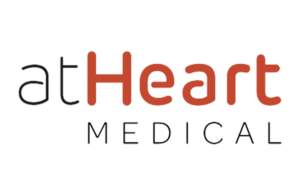 AtHeart Medical recently announced that it received FDA approval to commence the second phase of its Ascent ASD investigational device exemption pivotal trial.
AtHeart Medical recently announced that it received FDA approval to commence the second phase of its Ascent ASD investigational device exemption pivotal trial.
Switzerland-based AtHeart Medical is evaluating the safety and efficacy of the reSept atrial septal defects (ASD) occluder in a prospective, single-arm study. The reSept device is metal-free with a bioresorbable frame designed to treat patients with clinically significant, isolated ASDs. AtHeart Medical will compare the primary endpoints with established performance goals for other FDA-approved transcatheter ASD occluders.
“I am pleased the first phase of enrollment in our pivotal trial progressed smoothly and according to plan, this is an exciting milestone for the company,” CEO Laurent Grandidier said in a news release. “As we initiate the second phase, our team is focused on adding clinical sites across the U.S. and expanding internationally to include several enrolling sites in France. I commend the team’s diligence to further validating the safety and efficacy of the reSept ASD occluder, a critical step in our journey to evolve septal closure and provide a better solution for patients.”
AtHeart Medical designed the occluder to address the limitations of current occluders that have metallic frames that can be a risk of complications due to the long-term presence of metal in the heart, according to the company.
“The low-profile reSept occluder is a dynamic system that allows for versatile physician control during the intervention, potentially adapting to the different patient anatomies to address ASDs,” Scott Lim, professor of medicine and pediatrics at the University of Virginia, said. “Over time, reSept’s metal-free frame resorbs, leaving a minimal implant behind. This is an exciting advancement that provides the potential to preserve future treatment options and potentially do better for our patients.”
